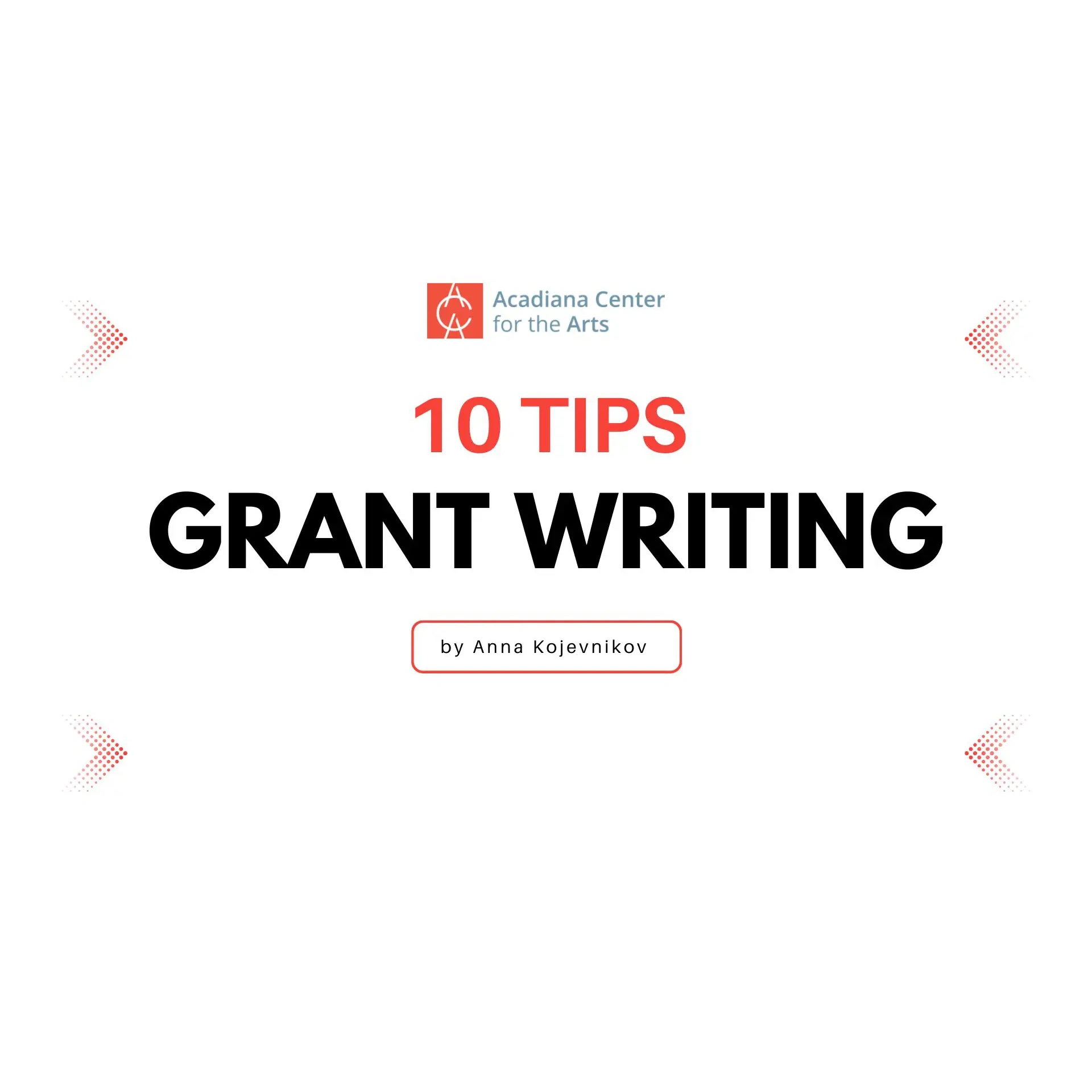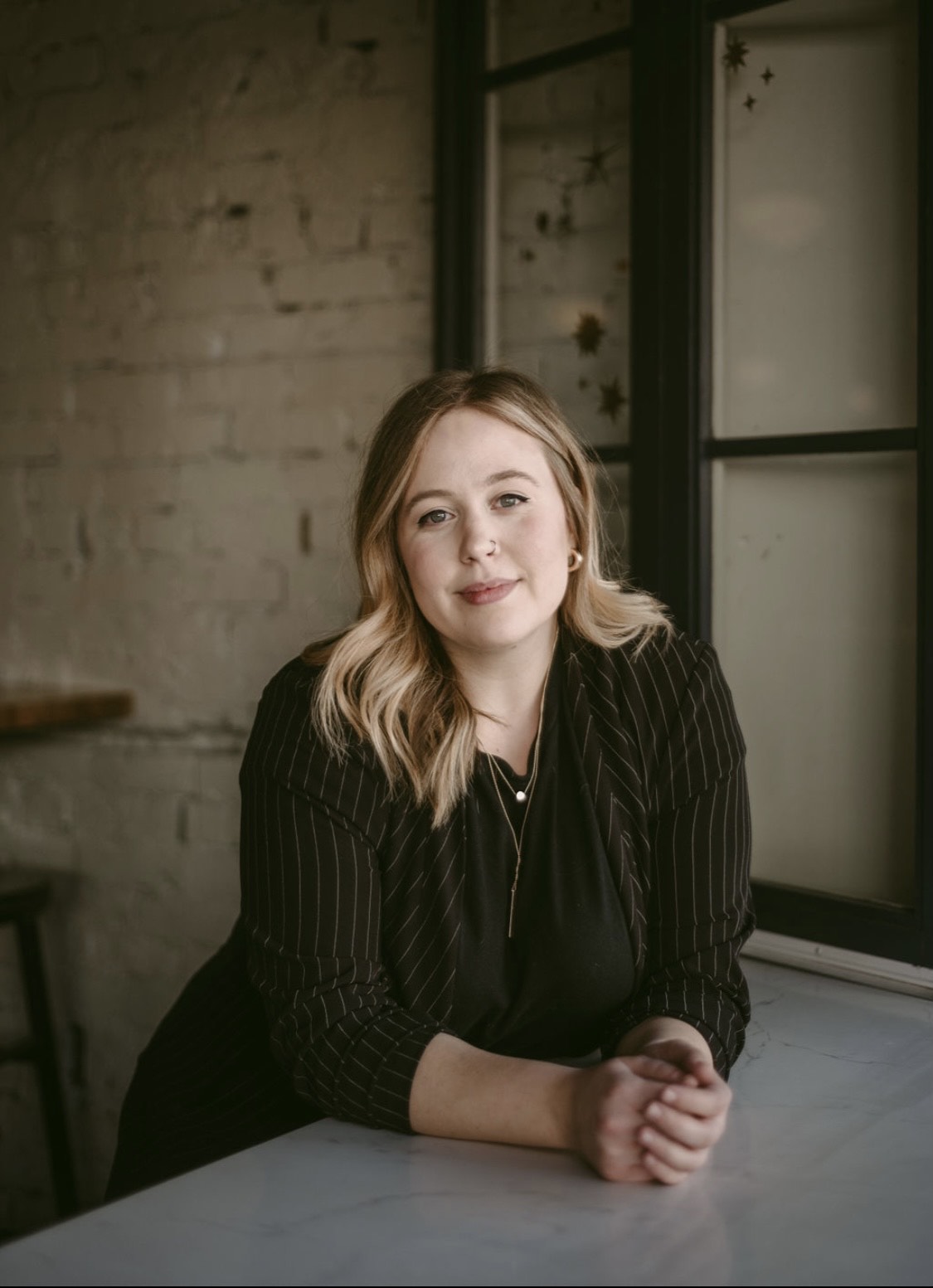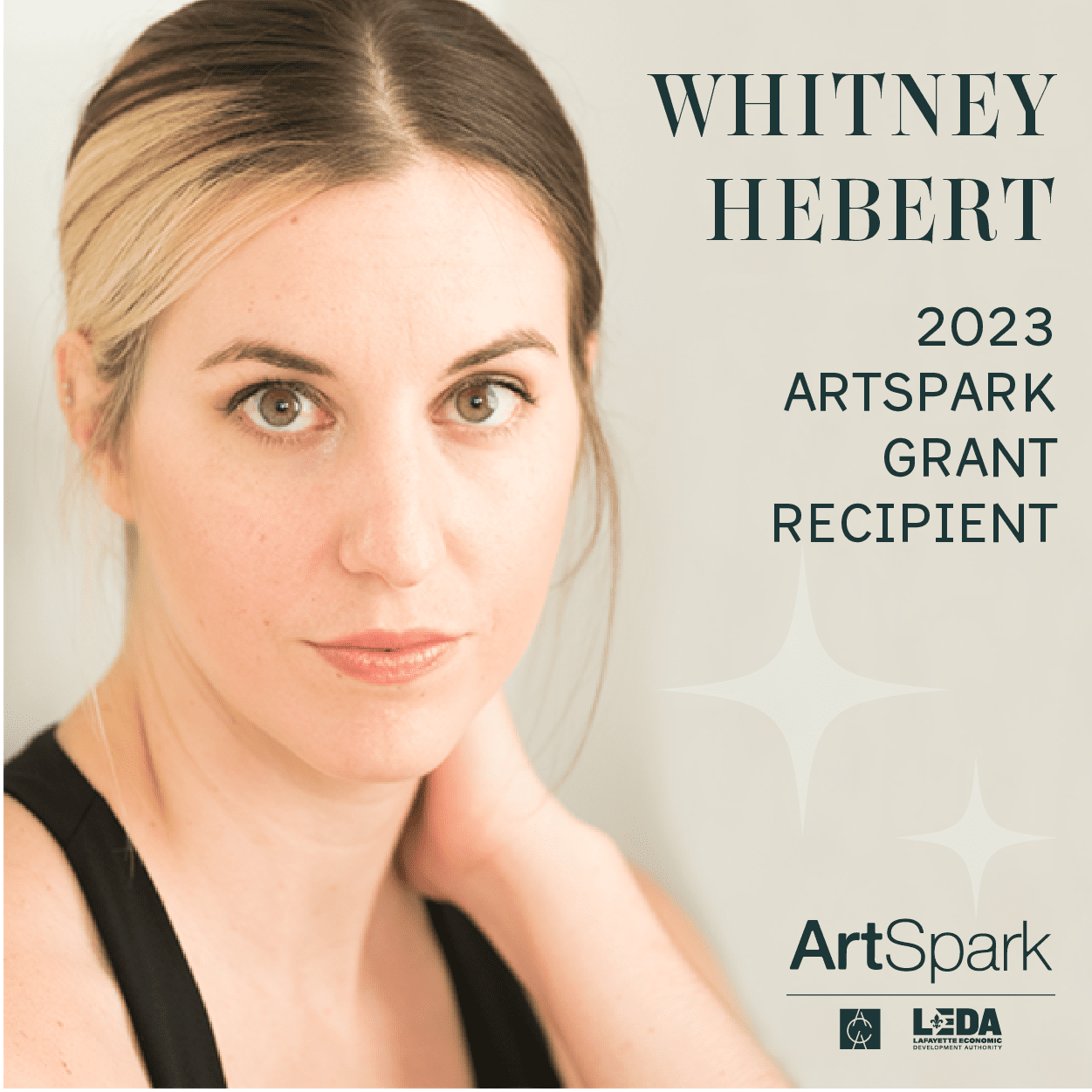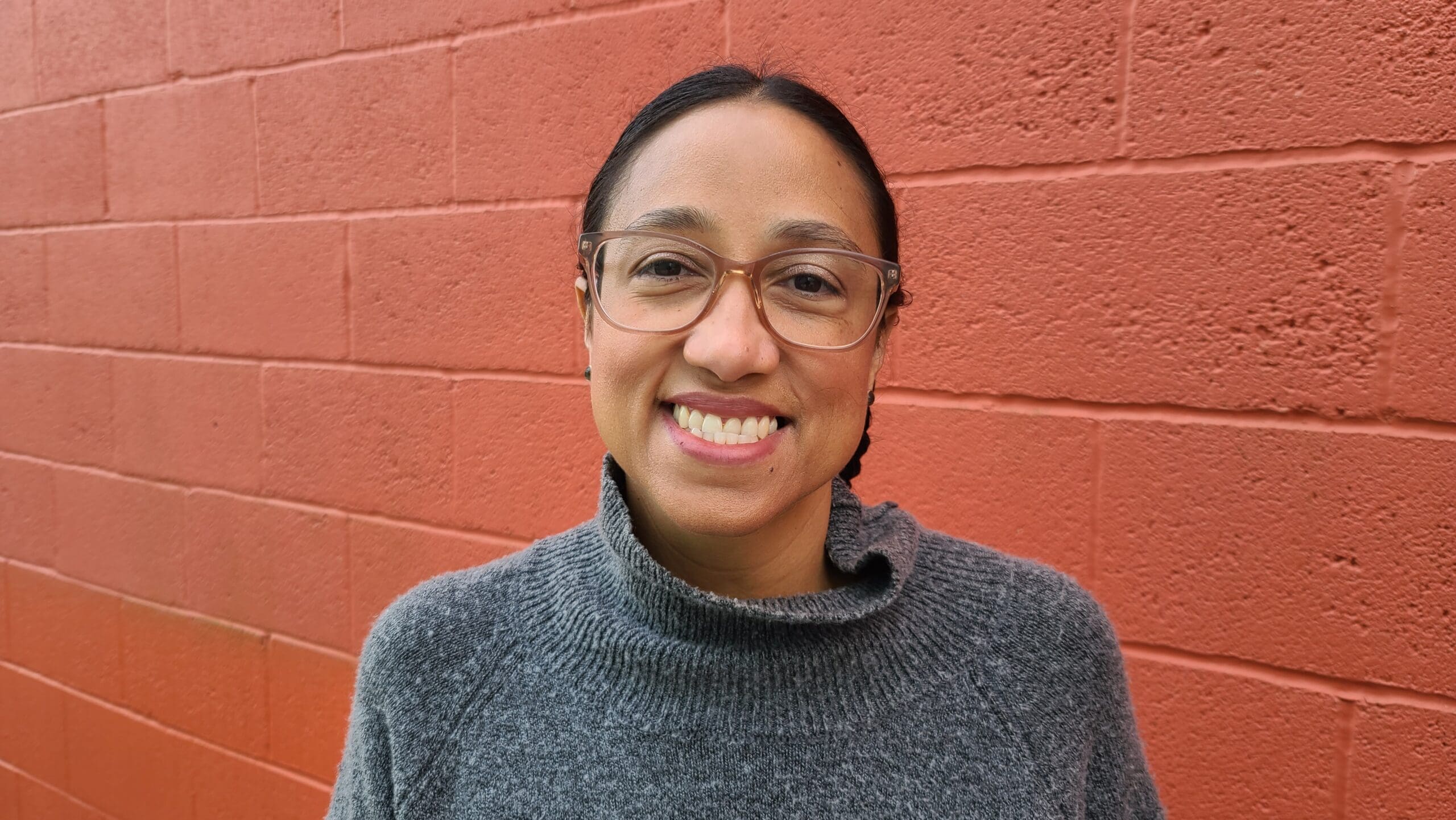Our local grant season has just kicked off with submissions opening for ArtSpark on Monday January 9th, so I thought it was a good time to talk about ways to strengthen your applications for ArtSpark as well as any external grants you’re preparing materials for.
1. Plan Ahead
Don’t leave writing the grant application to the last minute – especially since it’s very possible to encounter technical difficulties with online submission forms! Always aim to have a completed submission ready the days prior to the deadline. Schedule some time to work on it every day/week and if you’re anything like me, set yourself reminders to work on it!
A good starting point when considering whether your project idea is suitable for a particular grant is reading through the guidelines and taking note of any important dates and requirements. For example: Did you know that AcA Staff offer a draft grant reading service with an earlier deadline? If you want to take advantage of this service, you will need to have a near-complete grant application ready sooner (usually about 2 weeks before the official deadline).
There may also be additional requirements for certain grants that require extra planning. For example, the ArtSpark award for individual artists requires an outreach portion which oftentimes requires you to partner with an organization or venue and having those details available to include when writing the grant application help the panel more easily identify those applicants who have taken extra care to plan their projects.
2. Read the grant guidelines thoroughly (and keep referring back to them)
Answers to most of your burning questions (how much is the funding for, what is the deadline, am I eligible to apply, etc.) will be found in the guidelines. If you’ve scanned through the document and can’t see what you’re looking for, try using the ‘find’ function on your computer to do a keyword search. If you still can’t find the answer you’re looking for, it’s probably time to contact your grants administrator (me!).
3. Ask questions and use the services provided
As one of Louisiana’s Regional Arts Council’s (RAC), we’re the first stop on the grant train! In fact, think of us as a training ground. Unlike some larger state, regional and national funding organizations, it’s our MO to nurture you. We’re here to answer your questions and to guide you through this process so that you’re ready to take steps with those larger funding bodies with confidence. We offer support at every step of the way: consultations and work sessions before you apply, draft feedback when you’re in the thick of it, application feedback after selections have been made and just generally we will support you how ever we can when you’re looking to apply for other opportunities.
4. Research prior grant recipients
Researching prior grant recipients can give you a lot of clues as to the type of projects the panelists have been drawn to in the past and whether your project may be suitable for the program. A lot of funding organizations provide short overviews of previous recipients on online databases. Here, at AcA, we go one step further by providing full records of all applications, both funded and unfunded, that can be accessed in-person at the AcA.
5. Really understand what your project is and what the funding will go towards.
When describing your work, start with Who, What, Where, When, Why and How. Here are *some* questions you could consider:
- How does this project build on your past work? Or how is this a departure from your current work and why is it important to your career?
- How will your work and career advance?
- Why is it important to make this project now?
- What makes the project important?
- What steps will you take to make this project happen?
- What will you need to make the project happen? How will you get the things you need?
- What is the timeline for the project?
- Where will you make it?
- Where will it be exhibited, performed, or published?
- Who will help you with the project?
- When will the project take place?
6. Make sure the budget page matches up to anything that’s written in the narrative.
Be as specific as possible. Show the panelists that you really understand the project by truly understanding the cost of pulling it off. Not all expenses may be eligible, but list everything and make it clear what the funded amount will be contributed towards and how ineligible expenses will be paid for. If your budget is greater than the maximum grant amount, define where any additional funds are coming from (Will you be providing the additional funds? Do you have another benefactor? Will there be ticket sales? etc.).
7. Write clearly and answer all questions.
Answer all of the questions with as much detail within the confines of character limits. Writing too little may indicate to the panel that you don’t really understand the project you’re proposing and how support from the grant funds will be applied. Writing too much and filling space just for the sake of it makes the panelists job more difficult and frustrating to wade through any non-essential information.
Just as importantly, be sure you’re not stating the obvious (we know you need money), you’re not making general statements (be as specific as possible within the provided space) and use plain, uncomplicated language to describe your work. An excellent tip (found in this post) to help with this “…is to record a conversation with a friend about your project. Talking limits the amount of jargon you use, allowing you to find descriptive ways to define your work. This makes the artist proposal conversational and clear.”
8. Choose appropriate work samples – make sure they’re relevant to the proposal.
If you’re submitting a proposal to build a giant metal sculpture, a work sample of wildlife photography is not going to cut it. The panelists are looking for proof that you are capable of pulling off the project you proposed, so they’re either going to want to see images of a different metal structure you created, something certifying that you’ve used welding tools before or some kind of prototype that suggests you know what you’re doing. We’re all for creatives pivoting disciplines, but we want to make sure that there is a successful outcome, so if that’s the case, you might need to do some additional training and create some smaller pieces before applying for funding.
9. Proofread, proofread, proofread!
And then get someone else to proofread for you. Find someone that doesn’t know anything about the project, have them read it and ask them to tell you what they understood the project to be. Take notes about what they might have misunderstood and use that information to refine your application.
10. Save your work in a local file
Don’t trust online forms! Always make a copy of your application and save it somewhere locally on your computer, like the Desktop or in the Documents folder.
When I was thinking about writing this post, I listed all of the things that I wish I could tell potential grant applicants. I did a quick google search to make sure that I hadn’t missed anything. The above grant writing tips really capture the essence of what I was finding on other blogs and publications and I hope that it is helpful for you.
Something I learnt from a grant master, Sharon Louden, (and this is totally paraphrased) is that just because you weren’t awarded the grant, or accepted into the program or show, or whatever it is you applied for, it doesn’t mean your project or application is bad, it probably just means that the panelists who were reviewing your application just had a difference of opinion. And the good news about that is that the people who sit on these panels generally change in every cycle. So keep trying! Keep practicing! Keep refining!
For those of you who do receive a grant, Basin Arts Founder and two-time ArtSpark recipient Clare Cook (2016, 2019) has the following advice:
“Organization is KEY! Utilize document storage such as google drive, track your budget along the way and keep all supporting documentation (i.e. receipts, invoices, etc.).”
If you want to connect about any of the above, or would like more information about any particular subject, please reach out to me on anna@acadianacenterforthearts.org.




